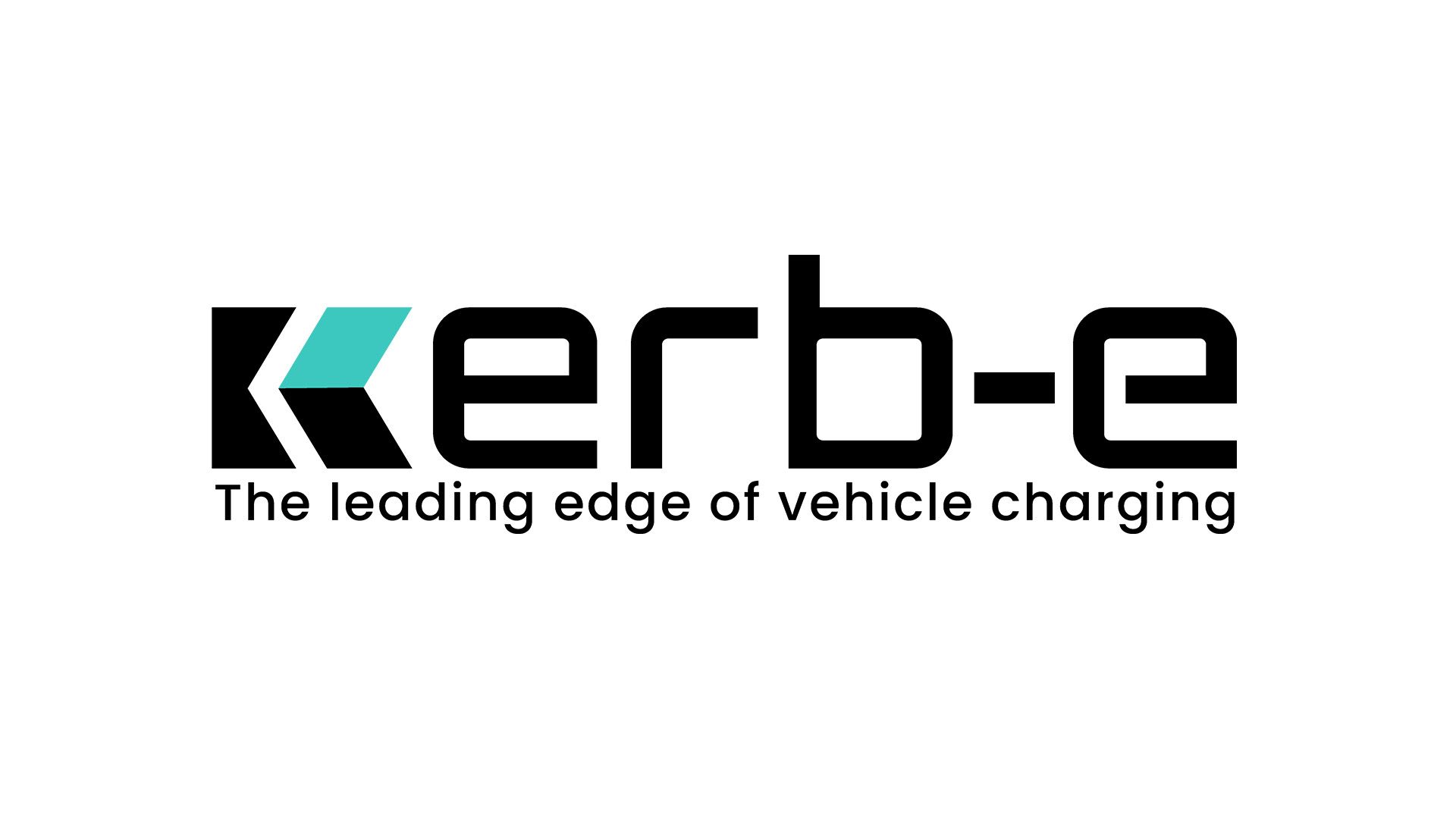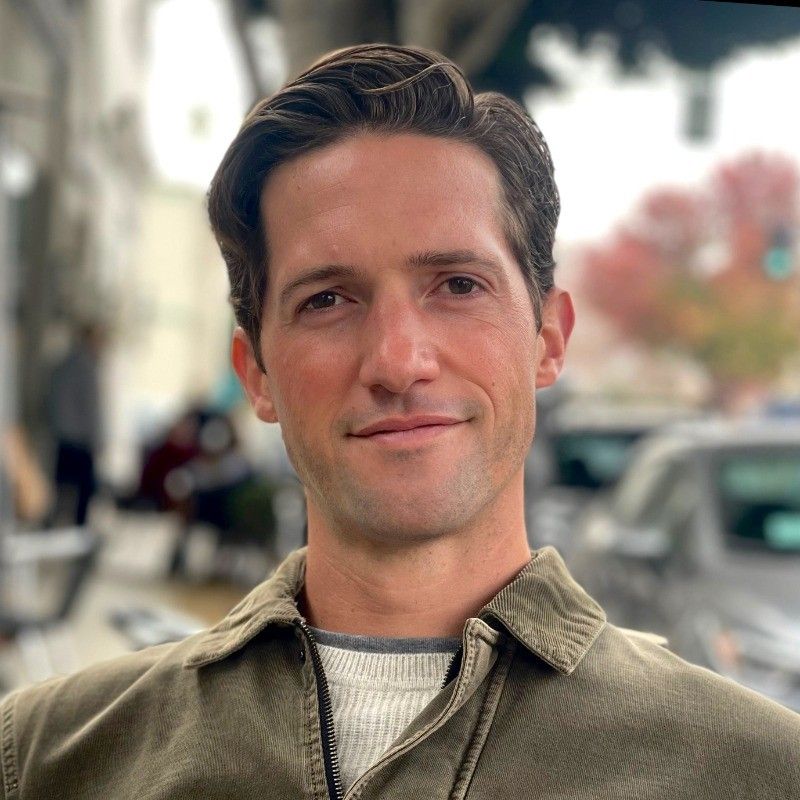
Kerb-e
A game changing charger designed specifically for the on-street environment and future city technologies.
Company Details
- Location
- London, United Kingdom
- Website
- https://www.kerb-e.com/
- info@kerb-e.com
- Employees
- 1-3
- Funding
- Bootstrapped
Learn more
About Kerb-e
The problem we're solving:
In the developed world, approximately 30% of households do not have access to dedicated off-street parking. For these would-be EV adopters, the challenge of charging electric vehicles conveniently and affordably is a major barrier to adoption. Overnight on-street charging is not only sympathetic to renewable electricity production and associated grid constraints but would enable households without dedicated parking to enjoy the same benefits as motorists who do have off-street parking.Our solution:
Kerb-e leverages the humble kerb to create a charging solution that is cheaper to manufacture and install, more economical to operate, and deployable in every on-street location regardless of buried utility congestion and pavement space. Our charger is the only on-street solution that has both the practical and economic attributes to be installed at scale.
Our differentiator:
True scalability. Where our competitors have focused on addressing the needs of one particular stakeholder (at the expense of the rest), Kerb-e looks to satisfy all stakeholders by providing a charger that scores highly across all key metrics. Crucially, our charger is sympathetic to the congested subsurface where pipes, cables and ducts make current solutions unfeasible in most urban areas.Our biggest achievement:
Despite our limited resources we have been recognised by Cofinitive in their #21toWatch awards, beating hundreds of fantastic startups in the innovation category. Recently, we secured grants in Detroit and a Washington DC suburb to trial our solution which is testament to our product and vision. Existing utility firms and government geospatial scientists have praised our awareness of buried utility concerns as urban environments face increased infrastructure pressures.Disclaimer:
Information for this page was sourced directly from the startups or found in publicly available databases. The data has been collected until the end of the programme's year (eg: A 2020 programme has data updated until December 2020) except for where explicitly said so. The data on co-founders is collected upon startup registration and is not further updated. Funds raised is comprised of direct investments (including crowdfunding), funds, and grants. Opinions, conclusions and views expressed in the startup page are solely personal to the author (startup), unless otherwise clearly stated.

